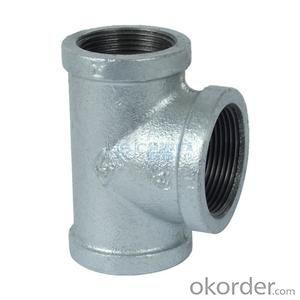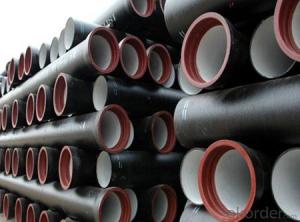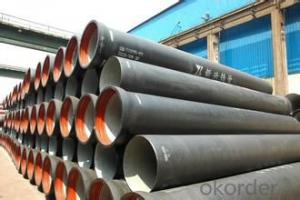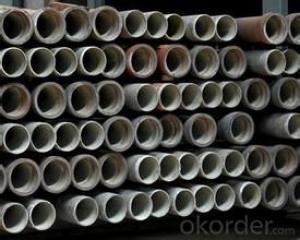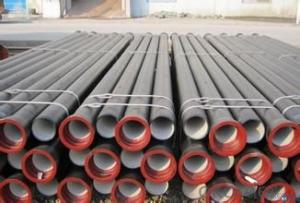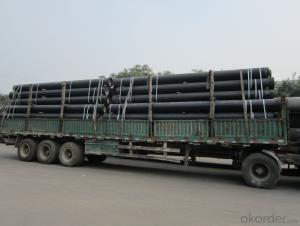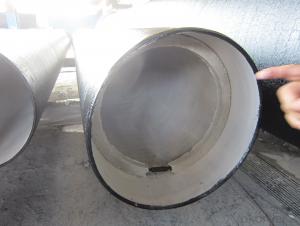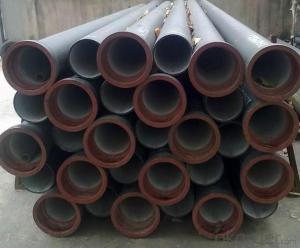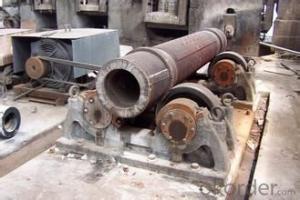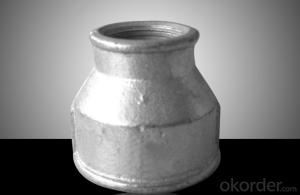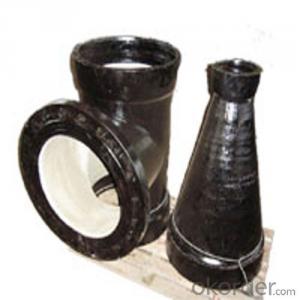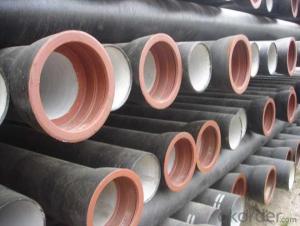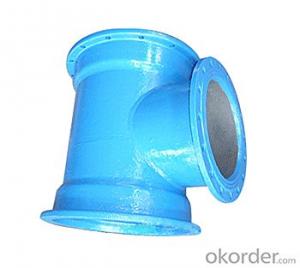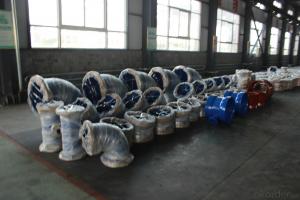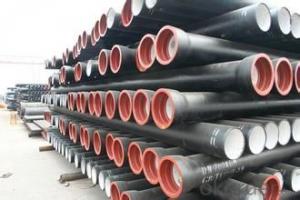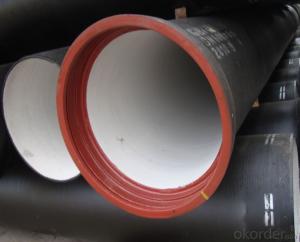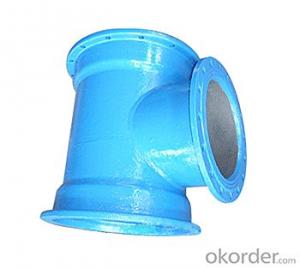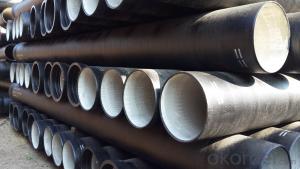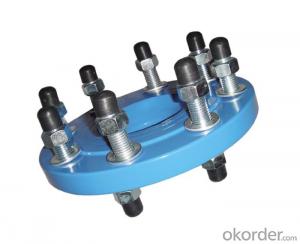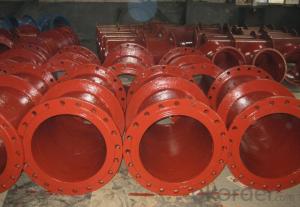All Categories
- - Steel Wire Rod
- - Steel Coils
- - Steel Profiles
- - Steel Pipes
- - Stainless Steel
- - Tinplate
- - Special Steel
- - Steel Sheets
- - Steel Rebars
- - Steel Strips
- - Hot Rolled Steel
- - Cold Rolled Steel
- - Pre-painted Steel
- - Seamless Steel Pipe
- - Welded Steel Pipe
- - Hollow Steel Tubes
- - Galvanized Pipe
- - Stainless Steel Coil
- - Stainless Steel Sheet
- - Stainless Steel Plate
- - Stainless Steel Strips
- - Electrolytic Tinplate Coil
- - Electrolytic Tinplate Sheet
- - Stainless Steel Rebars
- - Solar Panels
- - Solar Water Heater
- - Solar Related Products
- - Solar Inverter
- - Solar Cells
- - Solar Light
- - Solar Energy Systems
- - Solar Controllers
- - Solar Mounting System
- - Solar Pump
- - Solar Chargers
- - Fiberglass Chopped Strand
- - Fiberglass Mesh Cloth
- - Composite Pipes
- - FRP Pultrusion Profiles
- - Fiberglass Mat Tissue
- - Fiberglass Fabrics
- - Fiberglass Mesh
- - Composite Tank
- - Fiberglass Mesh tape
- - Polymer
- - FRP Roofing Panel
- - Fiberglass Roving
- - Monolithic Refractories
- - Ceramic Fiber Products
- - Refractory Bricks
- - Raw Materials For Refractory
- - Suspended Platform
- - Cranes
- - Concrete Machinery
- - Earthmoving Machinery
- - Building Hoist
- - Road Building Machinery
- - Plastic Pipe Fittings
- - Plastic Tubes
- - Plastic Sheets
- - Agricultural Plastic Products
- - Plastic Nets
 All Categories
All Categories
Q & A
What is the role of a ductile iron blind flange in a pipeline system with low pressure?
The role of a ductile iron blind flange in a pipeline system with low pressure is to seal off the end of a pipe or fitting to prevent the flow of fluids or gases. It acts as a solid barrier, ensuring that no leaks or unwanted substances enter or exit the pipeline.
What is the role of a ductile iron gland in a pipe fitting?
The role of a ductile iron gland in a pipe fitting is to provide a secure and leak-proof connection between the pipe and the fitting. It acts as a sealing mechanism by compressing a gasket or seal against the pipe, preventing any leakage or seepage of fluids or gases. Additionally, the gland also helps to provide structural support and stability to the fitting, ensuring the integrity and longevity of the piping system.
What is the difference between mechanical tee and mechanical cross ductile iron pipe fittings?
A mechanical tee is a type of ductile iron pipe fitting that is used to create a branch connection in a pipeline. It has a run connection on one end and a branch connection on the other, allowing for the flow of fluid in two different directions.
On the other hand, a mechanical cross is also a ductile iron pipe fitting used to create a branch connection, but it has four openings, allowing for the flow of fluid in four different directions. It is typically used in applications where multiple branch connections are required.
In summary, the main difference between a mechanical tee and a mechanical cross ductile iron pipe fitting is the number of openings it has and the direction of fluid flow it allows.
What are the different types of mechanical joint gaskets used with ductile iron pipe fittings?
There are several types of mechanical joint gaskets commonly used with ductile iron pipe fittings. These include rubber gaskets, which are the most common and provide a reliable and flexible seal. Another type is the compressed fiber gasket, which is made from a combination of fibers and binders and offers good resistance to heat and chemicals. Additionally, there are PTFE (polytetrafluoroethylene) gaskets, which are known for their excellent chemical resistance and low friction properties. Other types of gaskets used with ductile iron pipe fittings include spiral wound gaskets, metal ring gaskets, and graphite gaskets, each offering different advantages depending on the specific application and requirements.
Wholesale Ductile Iron Pipe Fittings from supplier in Libya
Whether you require Ductile Iron Pipe Fittings for water supply, sewage systems, or industrial applications, we have a wide range of products to meet your needs. Our team of experts is dedicated to providing excellent customer service and ensuring that you receive the best products at competitive prices.
In addition to sales and quotations, we also offer technical support to help you with the selection and installation of Ductile Iron Pipe Fittings. Our team can provide guidance on product specifications, compatibility, and installation techniques to ensure that your project is successful.
As a subsidiary of CNBM, a Fortune Global 500 company, we have access to a vast network of suppliers and manufacturers. This allows us to offer comprehensive procurement services, ensuring that you receive high-quality products that meet international standards.
Our years of market development experience in Libya have provided us with valuable insights into the local industry and regulations. We understand the unique challenges and requirements of the Libyan market, allowing us to offer tailored solutions for your projects.
Whether you are a contractor, engineer, or project manager, we are here to support your Ductile Iron Pipe Fittings needs in Libya. Contact us today for sales, quotations, and technical support, and let us help you find the right products for your projects.
In addition to sales and quotations, we also offer technical support to help you with the selection and installation of Ductile Iron Pipe Fittings. Our team can provide guidance on product specifications, compatibility, and installation techniques to ensure that your project is successful.
As a subsidiary of CNBM, a Fortune Global 500 company, we have access to a vast network of suppliers and manufacturers. This allows us to offer comprehensive procurement services, ensuring that you receive high-quality products that meet international standards.
Our years of market development experience in Libya have provided us with valuable insights into the local industry and regulations. We understand the unique challenges and requirements of the Libyan market, allowing us to offer tailored solutions for your projects.
Whether you are a contractor, engineer, or project manager, we are here to support your Ductile Iron Pipe Fittings needs in Libya. Contact us today for sales, quotations, and technical support, and let us help you find the right products for your projects.
Hot Search
- Ductile Iron Pipes in Finland
- Ductile Iron Pipe Fittings in Guyana
- Ductile Iron Pipes in Niger
- Ductile Iron Pipe Fittings in Vanuatu
- Ductile Iron Pipes in Cyprus
- Ductile Iron Pipe Fittings in Maldives
- Ductile Iron Pipe Fittings in Poland
- Ductile Iron Pipes in Palestine
- Ductile Iron Pipes in Colombia
- Ductile Iron Pipe Fittings in Ireland
